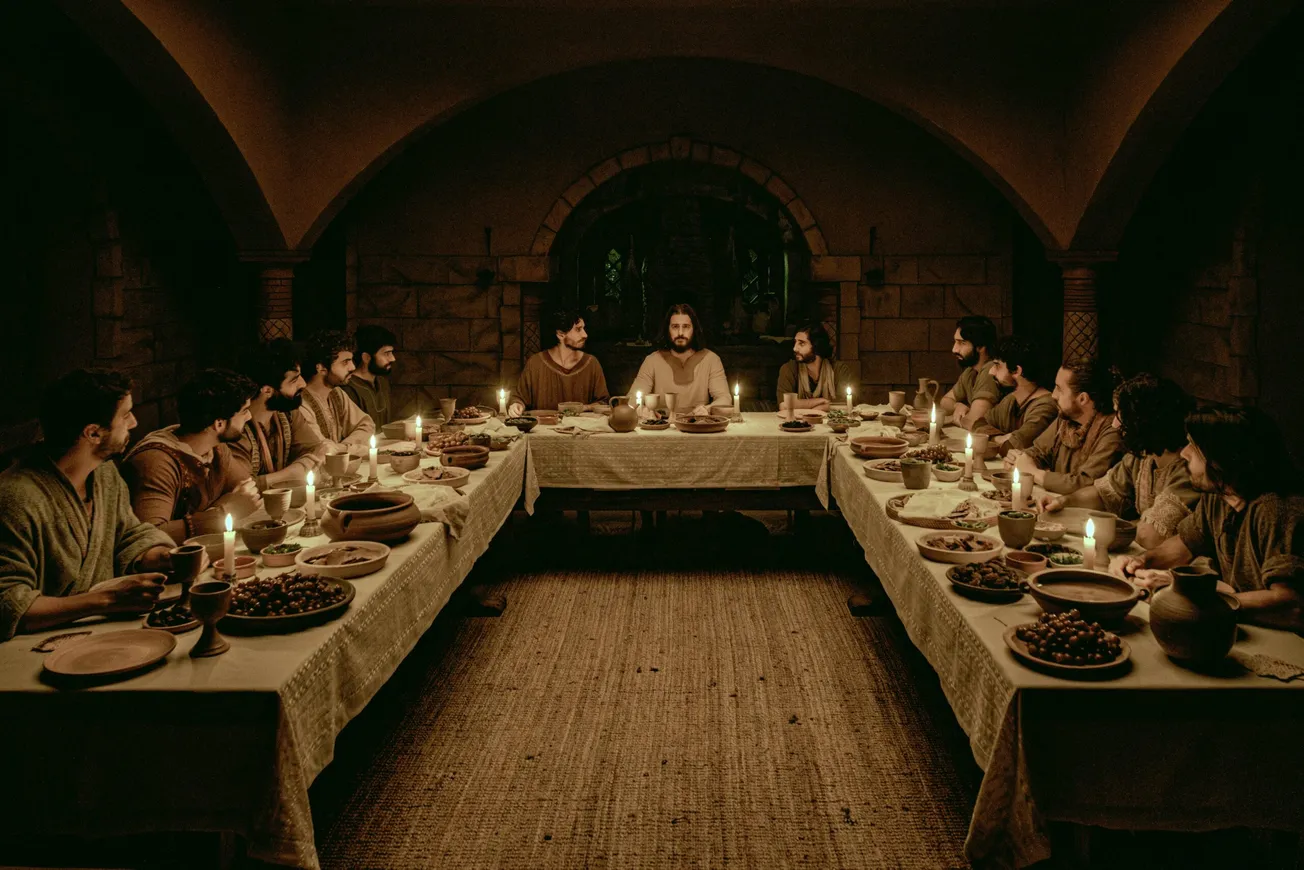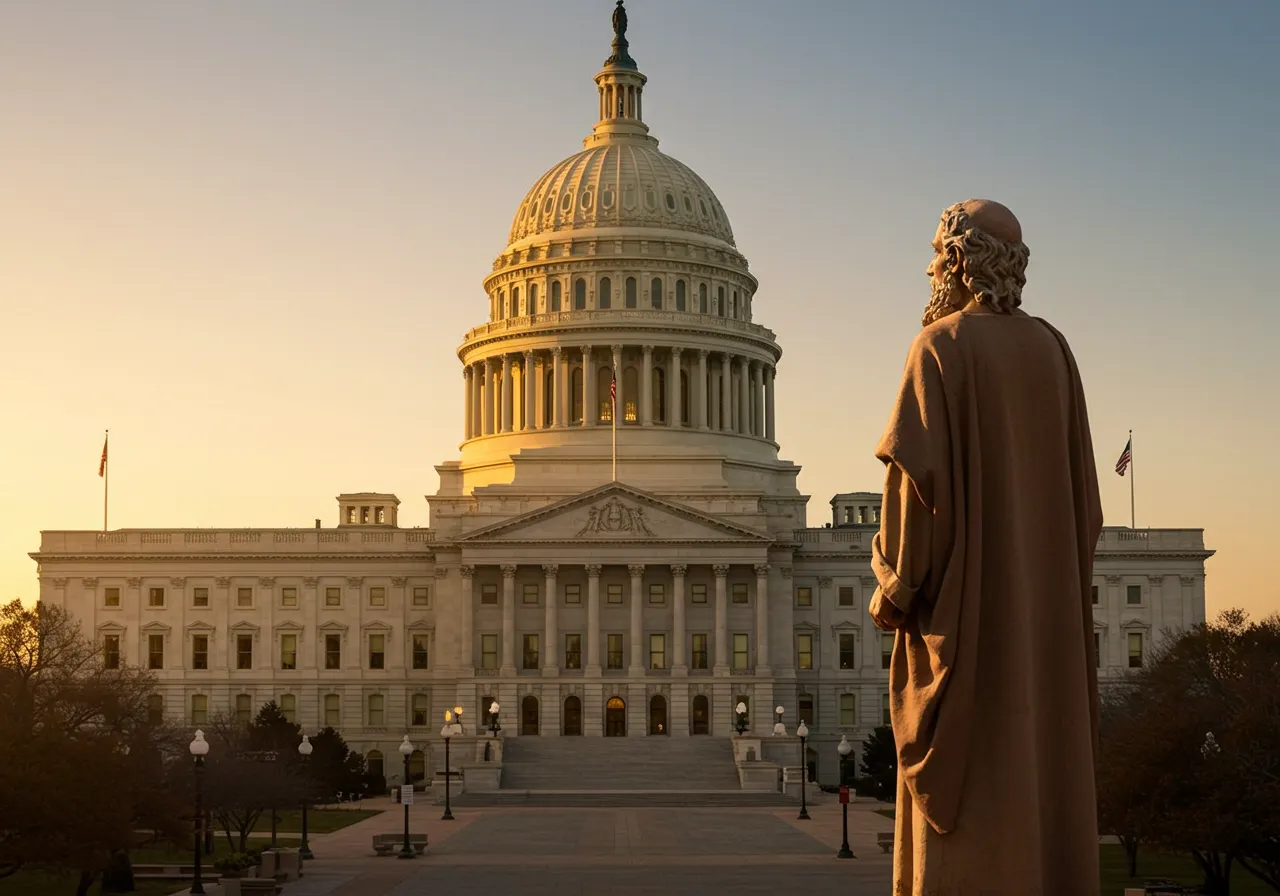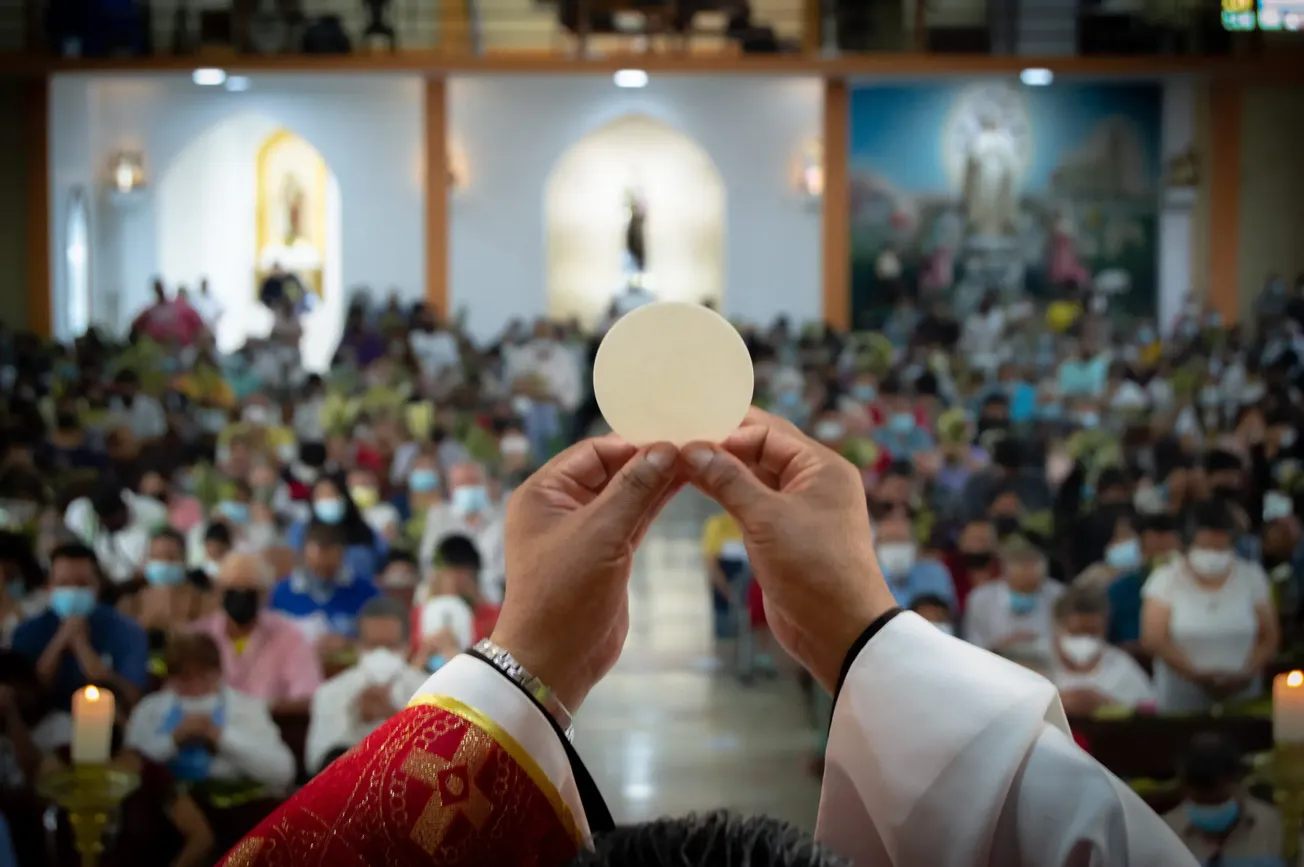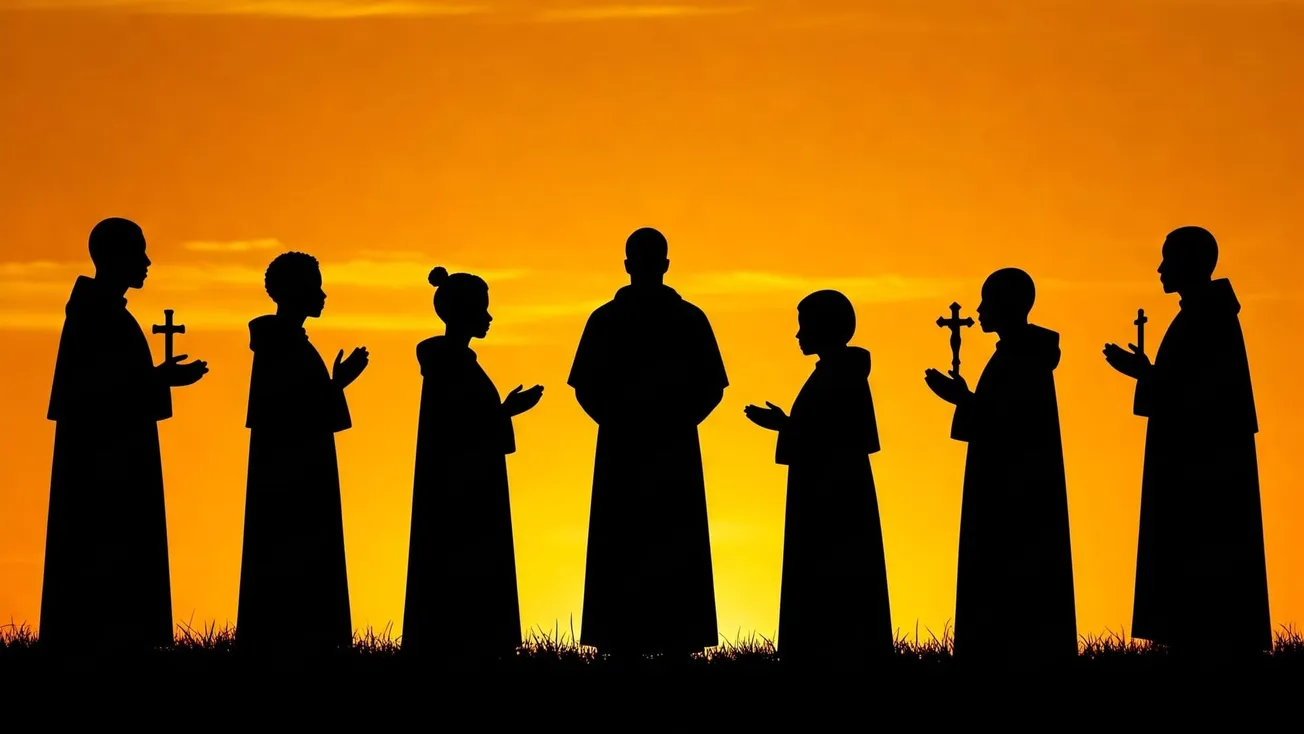I am a beloved child of God and the great-granddaughter of a man who was lynched. My grandfather saw this tragedy unfold. I only recently found that out, as I was thirsty to know where my ancestors came from.
I called my aunt, who for years has been the historian of our family. As I talked to her, it was like receiving the keys to doors that had previously been locked. I can only imagine what my grandfather, just a young boy, was thinking, as well as his mother and other family members.
There is nothing my great-grandfather could have done to deserve this treatment. Lynching is an inhumane practice that strips a person of their human rights.
A lynching is the public killing of an individual who has not received any due process. These executions were often carried out by lawless mobs, though police officers did participate, under the pretext of justice.
Lynchings were violent public acts that White people used to terrorize and control Black people in the 19th and 20th centuries, particularly in the South. The word typically evokes images of Black men and women hanging from trees, but they often involved other extreme brutalities such as torture, mutilation, decapitation, and desecration. Some victims were even burned alive.
A typical lynching involved a criminal accusation, an arrest, and the assembly of a mob, followed by seizure, physical torment, and murder of the victim. Lynchings were often public spectacles attended by the White community in celebration of White Supremacy. Photos of lynchings were often sold as souvenir postcards.
(NAACP)
My family will never have answers regarding my great-grandfather’s murder. Even with ancestry tracking services, part of my history is lost due to my ancestors not being able to safely report what really happened. It was a time when people knew what was happening but couldn’t say anything for fear of repercussions. Unfortunately, our family is not the only one that suffers from the personal impact of lynching, which was once a common occurrence in rural Southern America. This is a part of my history, yet only a few generations later, I am free to tell the story.
These true stories are hard to face. Many today would like to erase our painful history and pretend it never really happened. But as it is, racism is a part of our collective history. These tragedies are lived and shared experiences. Even so, when I look at the generations in my own family that came after this tragedy, I am reminded of the resilience of my people. I am reminded that our story doesn’t stop there. Instead, my great-grandfather paved the way for me to be here today.
When you own the truth of your origin story, your story can never be erased. It is imperative that we as a people tell the tragic parts of our history and the triumphs, too. Often, however, the stories aren’t being told at all. Specifically, the Black perspective in the publishing world is grossly neglected. There are relatively few Black authors being published. Therefore, the stories that only a Black author could tell aren’t being told. It is important to keep our stories alive, so future generations will know the truth of where they come from.
As God led me to discover my history, he sparked the idea for my first children’s book. “You Come from Greatness” started off as a vision in my head, a way to help children and families who, like me, either didn’t know their origin story or had a skewed version of their family history. As I delved deeper into my own, my research led me to realize there are great men and women—not just in my own family—who have paved the way for me to be here today. Then, my search for identity finally landed on the one who made us all: the Lord Jesus Christ.
As Christians, we are adopted as sons and daughters of God in Jesus. That means our story doesn’t start or end with the hopelessness that one might feel after learning their ancestry involved a lynching. Instead, we can rest assured that by lifting every voice, we together overcome. There is a lot in America and around the world that still holds us back—like voter suppression, housing discrimination, and lack of access to a high-quality education and healthy food, just to name a few. There is still imperative equity work that needs to be done to ensure our future generations keep moving forward.
“You Come From Greatness” details some of the great men and women in history who paved the way for you and me to be here today. The vibrant illustrations, rhythmic and poetic prose, and extraordinary history on each page celebrate great Africans and African Americans, revealing Black history that has often been intentionally hidden. Moreover, it highlights the glorious diversity of our beautiful culture.
Children especially are introduced to the God-designed greatness of Black culture and history, which reaffirms how God sees all of his children. “You Come from Greatness” introduces famous and not-so-famous Black historical figures such as Wangari Muta Maathai, Ellie Mannette, and Rebecca Lee Crumpler. All of the people highlighted in the book, along with the twenty short biographies, offer young readers a place to discover the many Black people who impacted world history in positive ways.
Why is it important for non-Black people and educators to learn about true Black history? To answer that, I offer a personal anecdote. I remember that in elementary school, the only things I learned about Black history were condensed into one chapter in one book, all about the enslavement of my ancestors. I didn’t know how to verbalize my feelings, but I knew I felt ashamed, sad, misunderstood, and singled out. I felt there was an invisible spotlight on me that echoed the words: “not enough.” For years, I internalized these thoughts and feelings. I struggled with looking for my identity and worth in the world, in my tainted history, instead of in God, my Creator.
As I got older and formed a deeper relationship with God, I started to see myself as he sees me. I want to help others, children and adults, see themselves as God sees them, too. With so much confusion in the world today, we have the privilege and the responsibility to share the biblical answers to the questions children are asking. Speaking about a child’s true identity can help them understand who created them and why.
Since God made every person in the world, every person’s origin story and history matters to him and should matter to his people. We don’t have to sit by complacently while someone else tells untruths about our history. “You Come from Greatness” can start the conversation and is a call to action for all of us to keep telling the stories of all the great men and women who came before us. This mission will ultimately give us opportunities to keep telling future generations about the wonderful God who created all of us for greatness.
Sara Chinakwe is a wife, mother, teacher, and children’s ministry leader. She encourages women and children to pursue God’s purpose and embrace their God-given identity. Sara’s deep love of teaching and decades-long career in education was shaped at California State University Stanislaus. Since then, she has used writing as a medium to propel God’s followers forward as they journey with Him.










